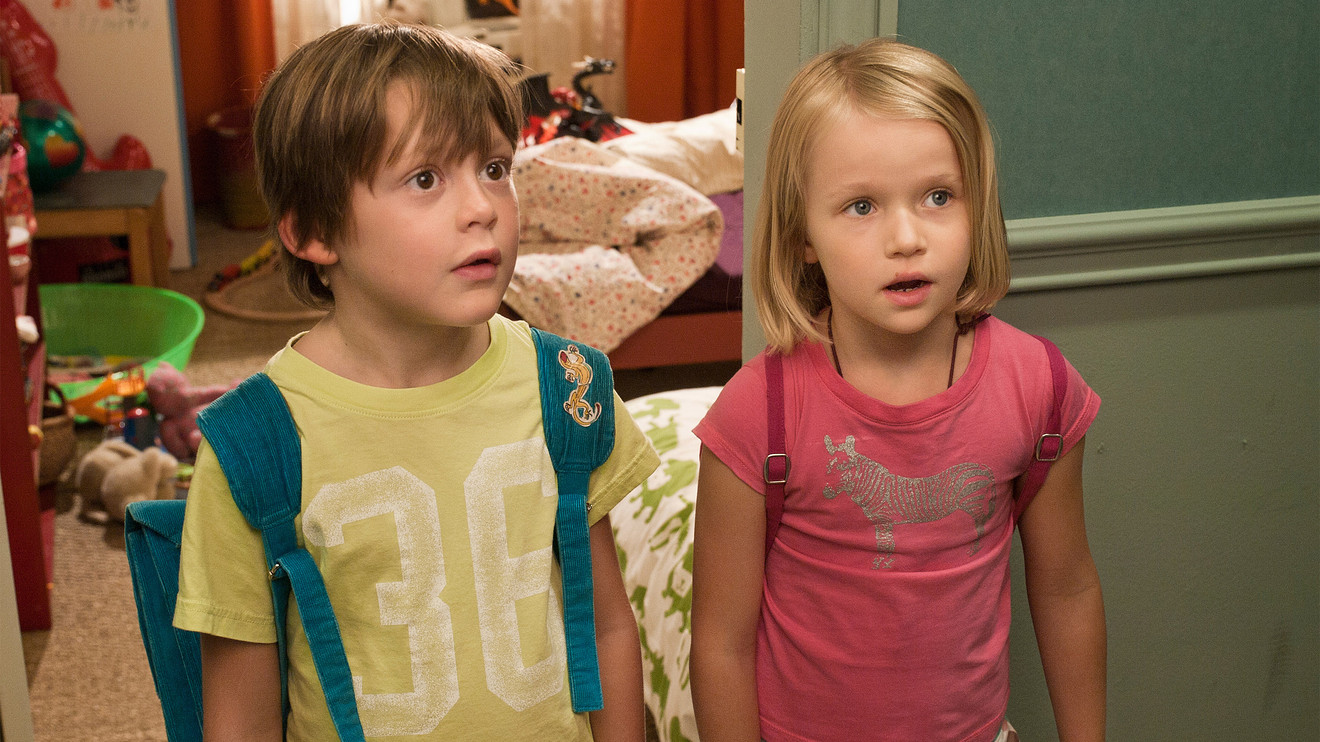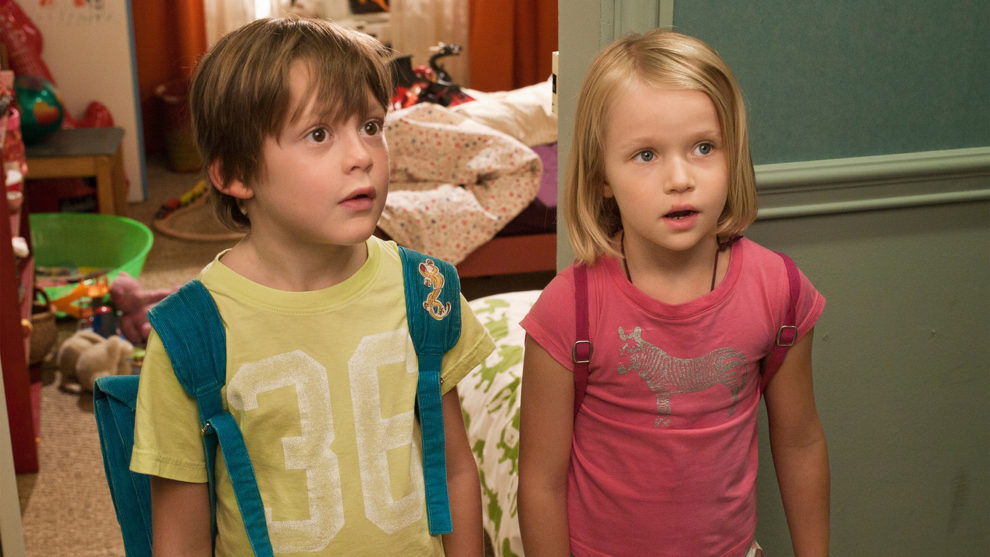
Some doctors seem to be more at ease discussing fire than they are firearms.
Pediatricians are much more likely to ask about functional smoke alarms than about household gun safety, according to a new research letter published in the journal JAMA Pediatrics. What’s more, pediatric residents become increasingly less likely to inquire about gun safety following a mass shooting, researchers found.
Though the study didn’t capture the reasons behind these trends, residents may be avoiding discussing the risk of gun deaths soon after a mass shooting to protect themselves or parents from thinking about traumatic events that just occurred, said lead study author Carole Stipelman, a pediatrician and associate professor at the University of Utah School of Medicine.
“Avoidance is a common response to trauma,” she told MarketWatch. “Avoidance is one of the criteria that defines post-traumatic stress syndrome, and a mass shooting is a shared community traumatic event.”
The second leading cause of death among U.S. children and teens aged 1 to 19 in 2016 was gun-related injuries, coming in behind motor-vehicle crashes, according to 2018 research published in the New England Journal of Medicine.
And while U.S. gun owners with kids are more likely than non-parents to keep firearms unloaded and locked away, three in 10 gun owners who have kids under 18 at home report having a firearm that’s “both loaded and easily accessible to them all of the time” while they’re at home, according to the Pew Research Center. Some 7% of kids in the U.S. — translating to 4.6 million children — live in households with at least one unlocked and loaded gun, one national 2015 survey showed, double estimates from 2002.
“This is another child safety issue that we talk about — just like smoke alarms, bike helmets [or] car seats,” Stipelman said.
In the present study, Stipelman and her co-authors analyzed data from 16,576 regular pediatric visits involving 77 pediatric residents and 26 faculty members from January 2017 through June 2018, a stretch of time that included the deadly Oct. 1, 2017 Las Vegas music-festival shooting and Feb. 14, 2018 Parkland, Fla., school shooting. They supplemented the screening with safety questions about working smoke alarms and gun storage.
Both pediatric residents and faculty pediatricians were more likely to ask parents about smoke-alarm safety than about gun safety throughout the study, the researchers found.
And in the months following a mass shooting, residents steadily decreased their likelihood of asking about gun safety, despite previously being more enthusiastic than their faculty counterparts about asking: Following the Las Vegas shooting, there was a roughly 1% decline each week in their asking about guns. Despite an initial 16% spike in gun-safety questions after Parkland — the high-school mass shooting may have presented “a reminder we should be asking about it,” Stipelman said — the rate of asking then declined in the same fashion.
Stipelman’s interpretation as to why her team found this pattern among residents rather than faculty: “With more experience, doctors learn how to continue to function professionally in the context of a traumatic event.” A younger, less experienced doctor may be more sensitive to a recent trauma, she added, and be more likely to give in to the instinct to avoid.
Physicians have learned certain best practices for asking gun-safety questions over time, Stipelman said, so that they don’t come across as intrusive, biased or judgmental. Citing anecdotal evidence, Stipelman said it’s best to frame a gun-related query as “just another safety question” that is asked of everyone, rather than asking if someone has guns in the home without providing the larger safety context.
“If you explain why you’re asking — that this is really just about keeping children safe — that’s an issue that most of us can come together over,” she said.
But medical school doesn’t prepare doctors-in-training to ask about guns in a non-intrusive way, Stipelman said, nor does it equip them with practical knowledge of gun-locking devices that they could pass along to gun-owning parents. “We need to develop curricula to teach them,” she said.
The American Medical Association, which has called gun violence a public-health crisis, offers educational materials for physicians to discuss firearm safety with parents at pediatric visits, patients at risk of suicide and patients experiencing domestic violence.
The American Academy of Pediatrics, meanwhile, has sounded the alarm about firearm-related homicides, suicides and unintentional injuries to kids and teens. The organization recommends that pediatricians and other child health-care providers advise parents on “the dangers of allowing children and adolescents to have access to guns inside and outside the home,” including by asking questions about the presence of firearms and by urging gun-owning parents to prevent children’s access to firearms.
The AAP last summer also encouraged parents to ask fellow parents, “Is there an unlocked gun in your house?” ahead of children’s play dates.
“When guns are in the house, we need to make every effort to keep kids safe. That means locking up guns and keeping ammunition safe and separate from the guns and locked up as well,” AAP spokeswoman Alison Tothy, a Chicago pediatric emergency-medicine doctor, said at the time. “Gun injuries are often fatal. One hundred percent of them are preventable.”











Add Comment